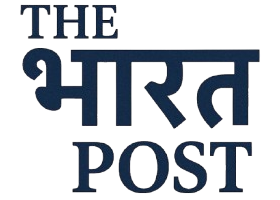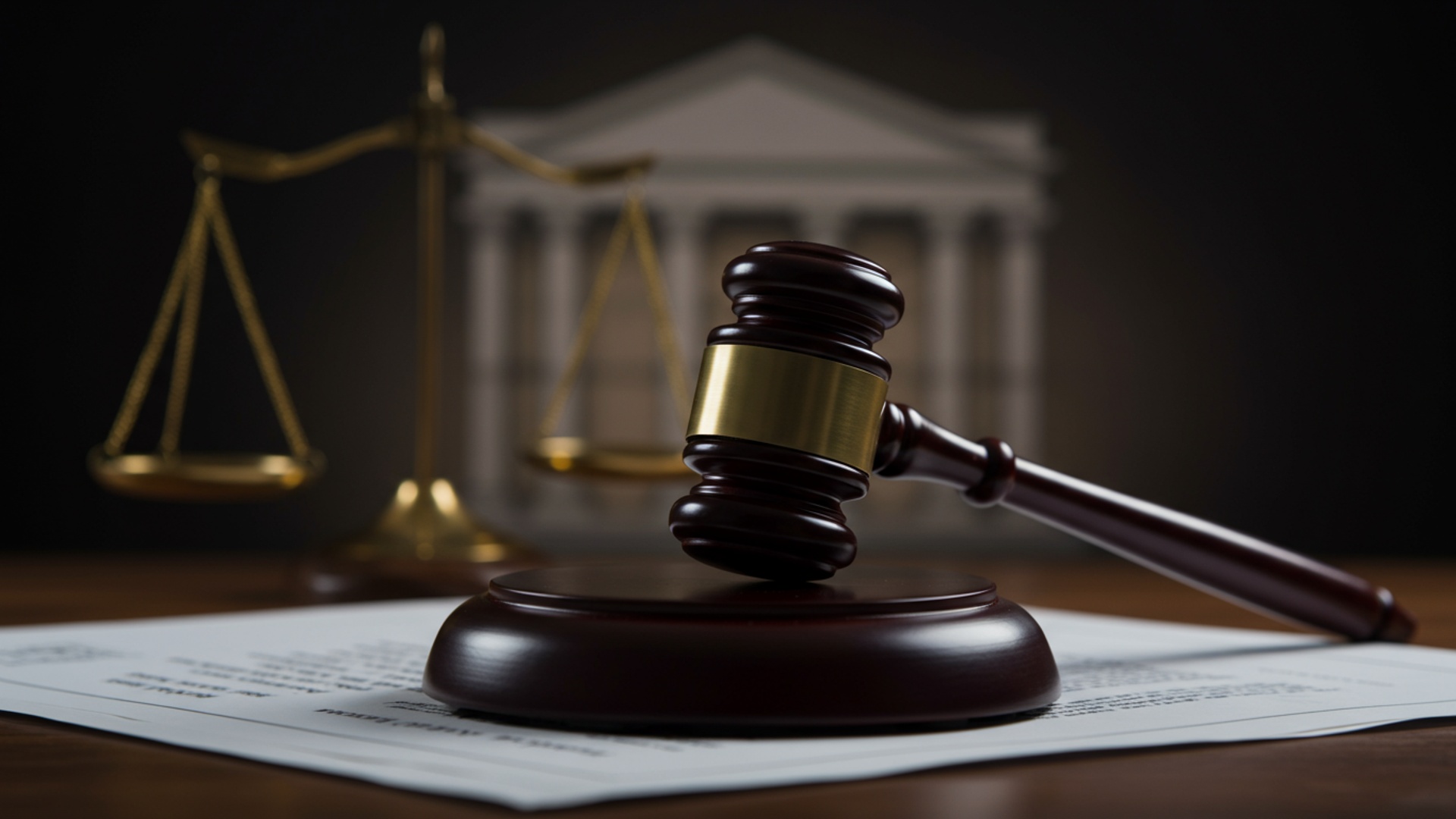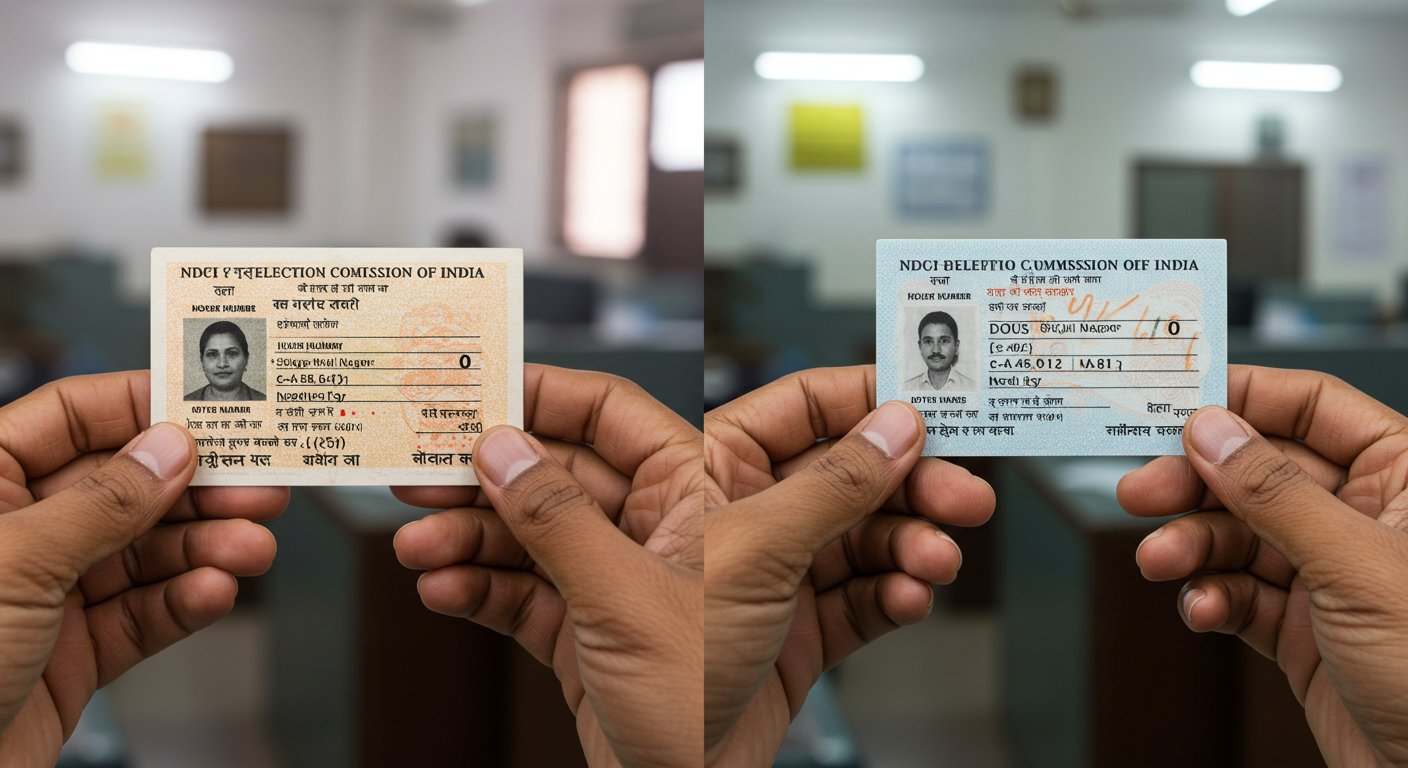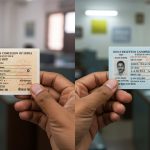The High Court today immediately stopped the Jharkhand Public Service Commission (JPSC) from putting out the final results for its crucial state-wide government job exam. This urgent order comes because of a deep look into serious claims that rules about reserved spots for different groups were broken. People are saying that the way these special spots were given out during the hiring process was not right. The court’s decision, given this morning, directly changes the future for many young people who had passed the tough steps of the exam all over Jharkhand. This sudden action stops the whole hiring process, making the JPSC wait until the court checks if the rules for fair chances were truly followed. This ongoing check now puts a big question mark over the fairness of getting public jobs, leaving all who took the exam and the commission in a state of big worry about what happens next.
Court Stops Public Service Exam Results
The Jharkhand High Court has taken a significant step, temporarily stopping the release of results for the 11th to 13th Jharkhand Public Service Commission (JPSC) combined recruitment examinations. This decision affects 342 posts and comes amid an ongoing investigation into alleged violations of reservation policies, specifically concerning the quota for differently-abled candidates, often referred to as Divyang. The court’s order means that the final list of selected candidates cannot be made public until the commission addresses the concerns raised.
Reason for the Court’s Action
The High Court’s action stems from a petition filed by Rahul Vardhan, a candidate belonging to the differently-abled category. His petition brought to light a serious claim regarding the allocation of reserved seats. According to the petitioner, a total of 13 positions were set aside for differently-abled candidates in the recruitment process. But, it was alleged that only 8 of these 13 seats were actually given to eligible Divyang individuals. The remaining 5 reserved seats were reportedly filled by candidates who do not fall under the differently-abled category.
Court Finds Petitioner’s Claims Correct
During the court proceedings, the High Court carefully reviewed the insights presented. The court found that the claims made by the petitioner, Rahul Vardhan, were accurate. It was observed that giving seats reserved for differently-abled candidates to those who are not differently-abled directly goes against the established reservation policy. This finding by the court highlights a serious breach of rules designed to ensure fair representation for specific groups. The bench directed the JPSC to set aside these five disputed seats specifically for eligible differently-abled candidates. This instruction effectively forces the commission to change the examination results and make adjustments to the merit list. Moreover, the court has asked the JPSC to submit the complete results, including the merit list, broken down by caste and category, for the court’s review. This step ensures transparency and allows the court to properly examine how reservations have been applied.
Rules About Unfilled Reserved Seats
The High Court also pointed out a procedural error by the JPSC. According to the existing reservation rules, any reserved seats that remain unfilled in one recruitment cycle should not be given to general category candidates in the same cycle. Instead, these unfilled reserved positions are supposed to be carried forward to the next recruitment year. The court noted that the JPSC failed to follow this crucial provision in the current examination, which contributed to the alleged quota violation. This rule is in place to ensure that the benefits of reservation reach the intended beneficiaries over time, even if suitable candidates are not found immediately.
Impact on Exam Results and Candidates
The High Court’s directive has led to a delay in the final announcement of results for all 342 advertised posts. This situation places the JPSC in a challenging position, as the commission now needs to decide what happens to the five candidates who were previously declared successful in the positions now reserved for differently-abled individuals. The immediate impact is uncertainty for thousands of candidates who appeared for the examinations and were awaiting their final results. The next hearing in this matter is set for November 10, 2025, which means the resolution of this issue will take more time.
Understanding Public Service Commission Examinations
The Jharkhand Public Service Commission conducts competitive examinations to select candidates for various government jobs in the state. These examinations often involve multiple stages, including preliminary exams, main exams. interviews. The process is designed to select deserving candidates for different administrative roles. The advertisement for the 11th to 13th Combined Civil Services Examination, which is currently under scrutiny, was released in February 2024. The preliminary examination was held in March 2024, followed by the main examination from June 22 to 24, 2024. The final results for these examinations were announced on May 20, 2025, before the current High Court order.
Previous Legal Challenges Faced by JPSC
This is not the first time the JPSC has faced legal challenges regarding its recruitment processes. The commission has a history of legal disputes concerning various aspects of its examinations and selections. For example, in a separate case, the Jharkhand High Court had previously dismissed a petition in July 2025 that challenged the results of the 11th to 13th Combined Civil Services Main Examination. That petition, filed by Ayub Tirkey and Rajesh Kumar, raised concerns about the digital evaluation of answer sheets and the experience of examiners. But, the court found those objections to be delayed and lacking merit. In another instance, in June 2021, the Jharkhand High Court cancelled the merit list for the 6th JPSC examination after years of protests from candidates. This past ruling highlighted issues with past selection lists. Further back, in 2012, the Central Bureau of Investigation (CBI) filed a chargesheet against 60 individuals, including the then-chairman of JPSC, for alleged irregularities in the civil services exam, involving manipulation of marks. In June 2025, the Jharkhand High Court also imposed a fine of one lakh rupees on JPSC for wrongly denying employment to a deserving Scheduled Tribe candidate due to a technical error related to fee payment. These previous cases show a pattern of legal oversight on JPSC’s examination and selection methods, reinforcing the importance of strict adherence to rules and fairness in recruitment processes. The current decision by the High Court continues this trend of judicial intervention to uphold fair practices and reservation policies. ![]()










